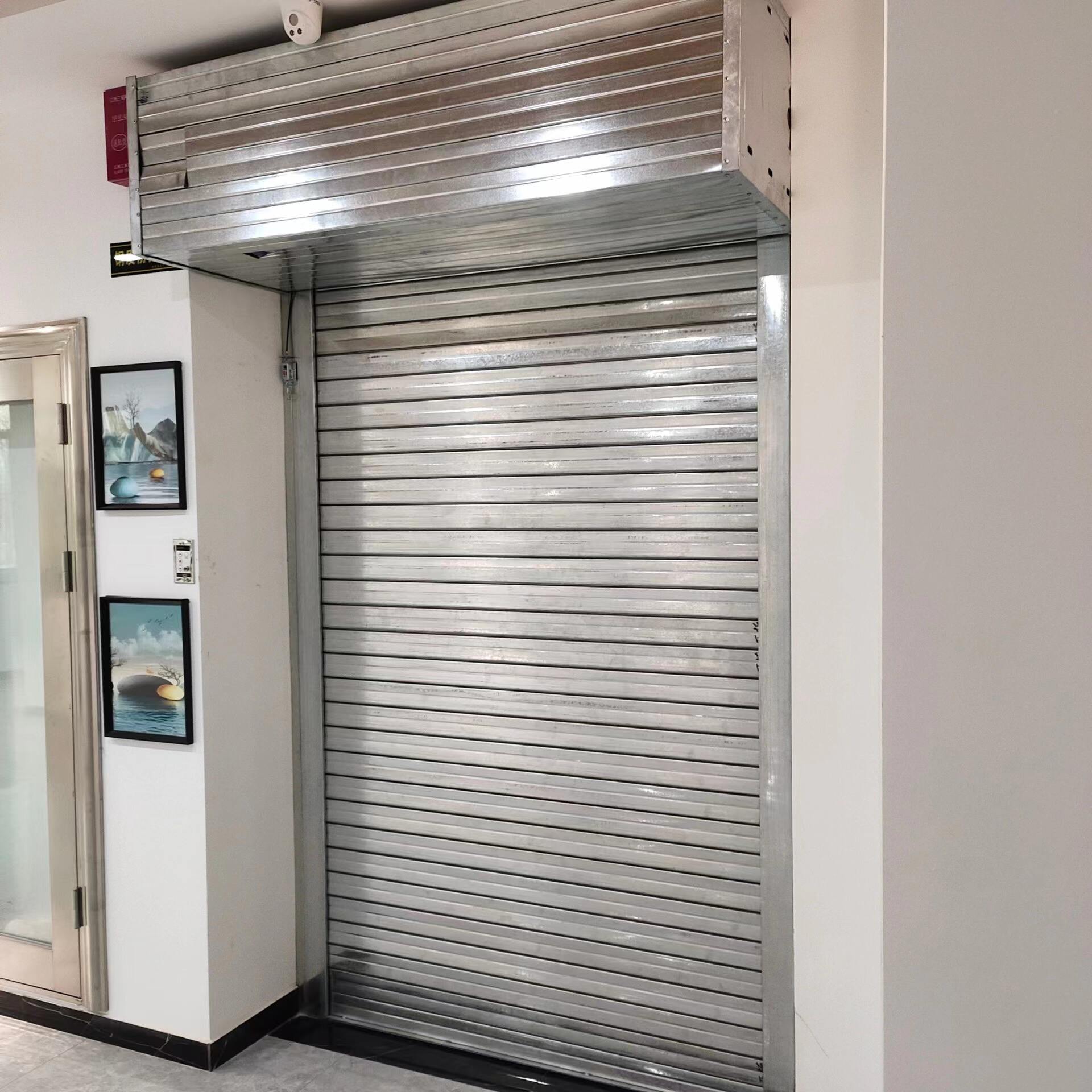Understanding and Resolving Garage Door Issues for Homeowners
Garage doors are essential components of our homes, used multiple times daily yet often taken for granted until something goes wrong. When garage door problems arise, they can disrupt our daily routines and potentially compromise home security. Whether you're dealing with strange noises, slow operation, or complete failure, understanding common garage door issues and their solutions can save you time, money, and frustration. This comprehensive guide will walk you through the most frequent garage door problems and provide practical solutions to keep your door operating smoothly.
Mechanical Components and Their Common Issues
Broken Springs and Tension Problems
One of the most common garage door problems involves the door's spring system. These springs are responsible for counterbalancing the door's weight, making it possible to lift and lower smoothly. When springs break or lose tension, you might notice your door becoming increasingly difficult to operate or making loud popping sounds. While minor spring adjustments can be handled by homeowners, replacement of broken springs should always be left to professionals due to the high tension these components are under.
Regular maintenance can help prevent spring issues. Listen for unusual sounds during operation and visually inspect springs for signs of wear or damage. If you notice gaps in the springs or rust formation, it's time to call a professional for assessment and possible replacement.
Track Alignment and Roller Issues
Misaligned tracks and damaged rollers can cause your garage door to operate unevenly or make grinding noises. These garage door problems often develop gradually over time due to regular use and environmental factors. Check the tracks for debris, bent sections, or loose hardware. Clean the tracks regularly and ensure all mounting brackets are tight.
Rollers should move smoothly within the tracks without wobbling or resistance. If you notice worn or damaged rollers, replace them promptly to prevent further damage to your door system. Nylon rollers often provide quieter operation and require less maintenance than their metal counterparts.
Electrical System Complications
Opener Motor and Chain Drive Issues
The garage door opener's motor is another common source of problems. Signs of motor issues include humming sounds without door movement, intermittent operation, or complete failure to respond. Check that the motor unit is properly plugged in and receiving power. If the motor runs but the door doesn't move, the drive chain or belt might need adjustment or replacement.
Regular lubrication of the chain drive system can prevent many garage door problems related to the opener mechanism. If your opener is more than 15-20 years old, consider upgrading to a newer model with enhanced safety features and improved reliability.
Safety Sensor Malfunctions
Modern garage doors are equipped with safety sensors that prevent the door from closing when an obstruction is detected. These sensors can become misaligned, dirty, or damaged, causing the door to reverse unnecessarily or refuse to close. Clean the sensor lenses regularly and check their alignment - the LED lights on both sensors should be steady when properly aligned.
If cleaning and realignment don't resolve the issue, check the sensor wiring for damage or loose connections. In some cases, exposure to sunlight can interfere with sensor operation, requiring the installation of sensor shields or professional adjustment.

Weather-Related Challenges and Solutions
Dealing with Temperature Effects
Extreme temperatures can cause various garage door problems, particularly affecting the door's metal components and lubricants. During cold weather, metal parts may contract, while heat can cause expansion, leading to binding or sticking. Using temperature-appropriate lubricants and maintaining proper hardware tension can help minimize these issues.
In regions with severe temperature fluctuations, consider installing insulated garage doors designed to withstand extreme conditions. These doors not only operate more reliably but also help regulate garage temperature and reduce energy costs.
Moisture and Weather Sealing
Water infiltration and moisture-related issues can lead to serious garage door problems, including rust, wood rot, and electrical system damage. Inspect and replace weather stripping regularly to maintain a proper seal around the door. Pay special attention to the bottom seal, which often bears the brunt of weather exposure.
Consider installing drainage channels or threshold seals to prevent water from seeping under the door during heavy rain. Proper ventilation in your garage can also help reduce moisture-related issues and extend the life of your door system.
Preventive Maintenance and Care
Regular Inspection Schedule
Establishing a routine maintenance schedule is crucial for preventing garage door problems before they develop into major issues. Monthly visual inspections can help identify potential problems early. Check all visible hardware, listen for unusual noises, and observe the door's operation for any changes in performance.
Keep a maintenance log to track when components are serviced or replaced. This record can help identify patterns in wear and tear, allowing you to address recurring issues more effectively. Schedule professional inspections annually to catch problems that might not be visible to untrained eyes.
Proper Lubrication and Cleaning
Regular cleaning and lubrication are essential for preventing many common garage door problems. Use appropriate garage door lubricants on all moving metal parts, including hinges, rollers, and spring coils. Avoid using WD-40 or similar products as primary lubricants, as they can attract dirt and may not provide long-lasting protection.
Clean tracks, rollers, and other components regularly to prevent dirt and debris accumulation. Use a mild detergent solution for cleaning and ensure all parts are thoroughly dry before applying fresh lubricant. This simple maintenance routine can significantly extend the life of your garage door system.
Frequently Asked Questions
How often should I service my garage door?
Professional garage door service is recommended annually, with monthly DIY inspections and basic maintenance. This includes checking hardware, lubricating moving parts, and testing safety features to prevent common garage door problems.
When should I replace rather than repair my garage door?
Consider replacement if your door is over 20 years old, shows significant structural damage, or requires frequent repairs. Modern doors offer improved security, energy efficiency, and reliability, often making replacement more cost-effective than continuing repairs on an aging system.
What maintenance tasks can I safely perform myself?
Homeowners can safely perform visual inspections, clean tracks and components, lubricate moving parts, and test safety sensors. However, any work involving springs, cables, or electrical components should be left to qualified professionals to avoid injury and ensure proper repair.
Why does my garage door make noise during operation?
Noisy operation often indicates loose hardware, worn rollers, or need for lubrication. Regular maintenance can address most noise issues, but persistent sounds may signal more serious garage door problems requiring professional attention.

